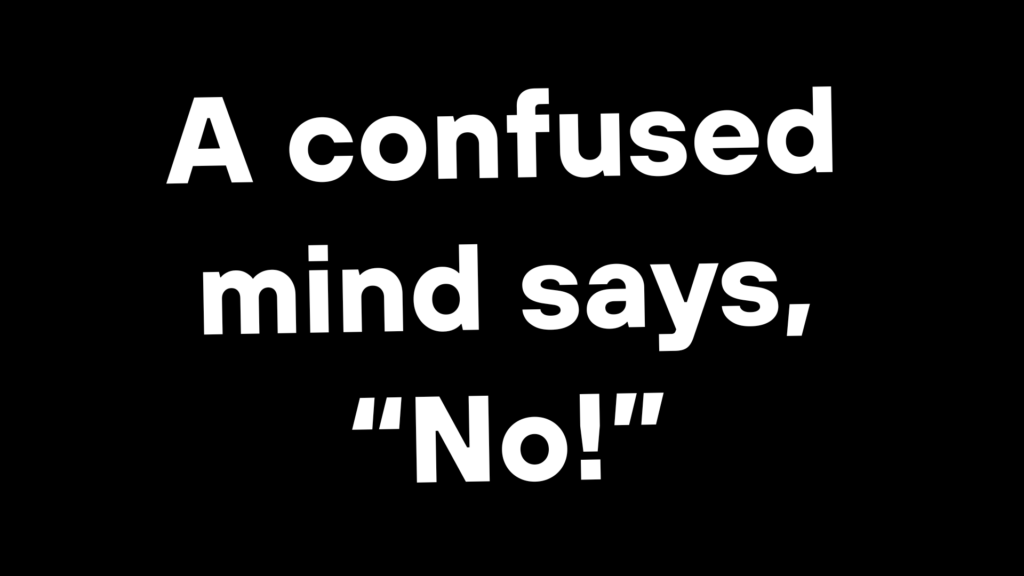How Chasing Shiny Ideas & Quick Wins Burnt Me Out
If you’ve been wondering why I’ve been quiet for nearly a month, I explain it all in the podcast episode linked above. But, in the meantime, here’s the story of how, I, someone who helps founders and business owners bring clarity and momentum to their ideas, got tangled in a web of my own. The Year Started With So Much Hope (And Unexpected Fear 😰) As 2025 began, I was transitioning out of my full-time remote role and back into running my online business serving multiple clients. I was excited. I had missed the thrill of working on diverse projects with clients from around the world. I saw it as a chance to reconnect with the remote work scene, something I had been longing (and procrastinating) to do for a while. But I was also terrified. I was scared of the unknown. I was scared of not having a predictable and regular paycheck. I was scared of not knowing how I’d find new clients in this new algorithm, ATS, tips and tricks, game-the-system driven world. But I chose to show up anyway. I had been mentally preparing myself for a couple of weeks, and when the time came, I hit the ground running fast. OK, maybe a little too fast…😂 The Passion Projects That Nearly Burned Me Out One of the first things I pursued was something I’d been feeling called to do for a while: coaching and mentoring aspiring remote workers on a somewhat large scale or bigger platform. This is something I had been wanting to do since I relaunched this blog last year in March. I’ve worked remotely for over a decade, and I wanted to share everything I’ve learned. No gatekeeping. No fluff. Just the honest, unfiltered truth, lessons and advice. It felt like the right time to dive into this mission because, hey, I now had more time. So I opened up my calendar to free 30-minute calls with anyone curious about remote work, especially from Zimbabwe. I also had an invitation to those who were willing to work with me further as part of a paid group coaching class or one-on-one. The response for the 30-minute calls was overwhelming, especially after the post about finding remote clients in Zim gained traction. My inbox and calendar were filled up. Before I knew it, I had done nearly 50 calls in a very short space of time. I was exhausted! Something I had started with the hope of adding value to the remote work community fast became unsustainable. I scaled back to one call a day, and eventually removed the free coaching calls from my booking page altogether. That wasn’t all. If you remember, from my last post, I also started Digital Skills Training this year. Again, there was an amazing response from my community and I had over 150 women enrolled. We’re actually just wrapping up with the first cohort but I must confess, I underestimated what was required of me running this large cohort and have since decided to go on a break before starting the next one. I genuinely love helping others and always want to make time. I would hate for anyone to walk out of my coaching and training and feel like they wasted their time and got zero value. Of course, it’s inevitable because our expectations not always the same. But I try to give as much as I can. And I guess that is where it gets sticky sometimes… As much as I love helping others, I realised I had to draw boundaries. Otherwise, there wouldn’t be much of me left to show up for my client work. This is the work that is and should remain my priority at the moment. And this is honestly the work that pays the bills. That was the first big red flag: I was giving too much of myself to something that wasn’t supposed to be my full-time focus. Chasing Quick Wins and Losing Myself In The Process Next came the scramble to generate income. I started offering quick-turnaround services like web design projects, social media management, anything that could get me clients easily and quickly. And it worked… for a while. But slowly, it started to feel off. You see, I spent a lot of time and energy in seeking out these quick turnaround projects and completely neglected something important along the way. I was trying to be everywhere, do everything, serve everyone. Along the way, I lost clarity in all my messaging and completely neglected promoting the core value I knew I could deliver for business owners outside of these quick turnaround services. I started to experience stress, a little confusion and a lot of burnout. More than once, a long-time client, who I resumed working with at the beginning of the year, asked me, “Tariro, what exactly are you doing these days?” I didn’t have a clear answer. I tried to dodge her every time she would ask this because I did not want another long lecture. I did not want her to tell me the truth. So I would just give her some vague responses sprinkled with excuses. But deep down, I knew I was drifting…not sure to where. Even on LinkedIn, when I (finally) slowly started stepping out to clarify on the work I do as an Online Business Manager, I got comments like, “I didn’t realise this is what you did. I need you on my project!”. I have a friend who only recently found out I design websites and reacted: “Wait… why am I just hearing this now?” My honest answer to all these questions from people who know me, who have worked with me, who are ready to recommend my work and services any day: Because I was jumping from one idea to the next, running away from committing to the one thing I know I am capable of delivering great value in. The one thing that ties together all of my “quick
How Chasing Shiny Ideas & Quick Wins Burnt Me Out Read More »










